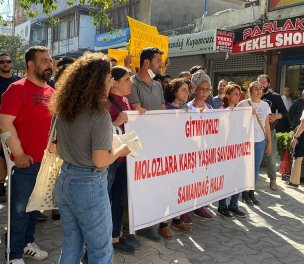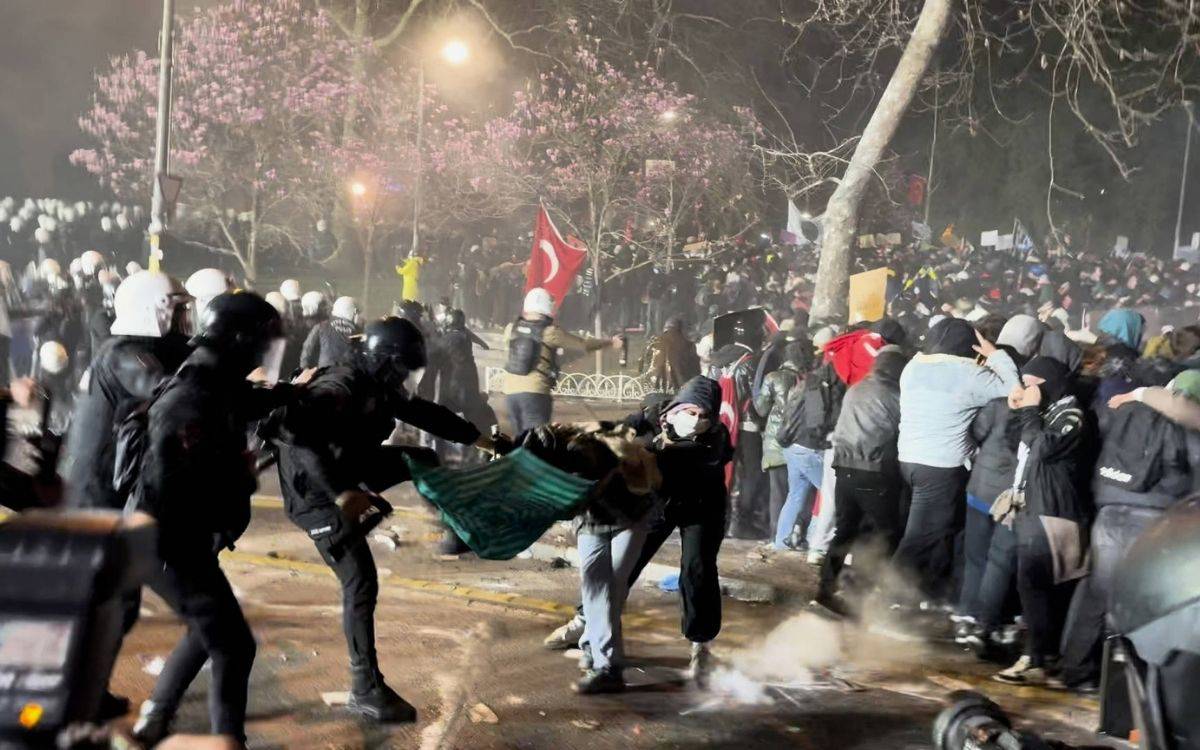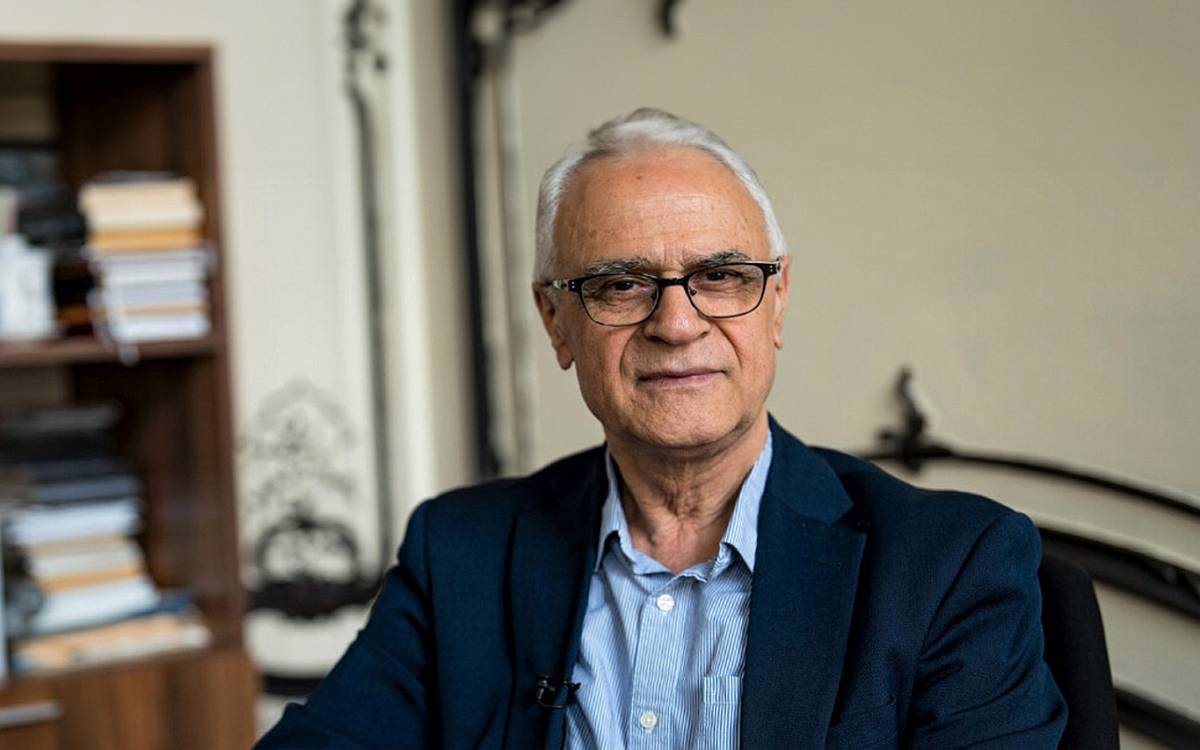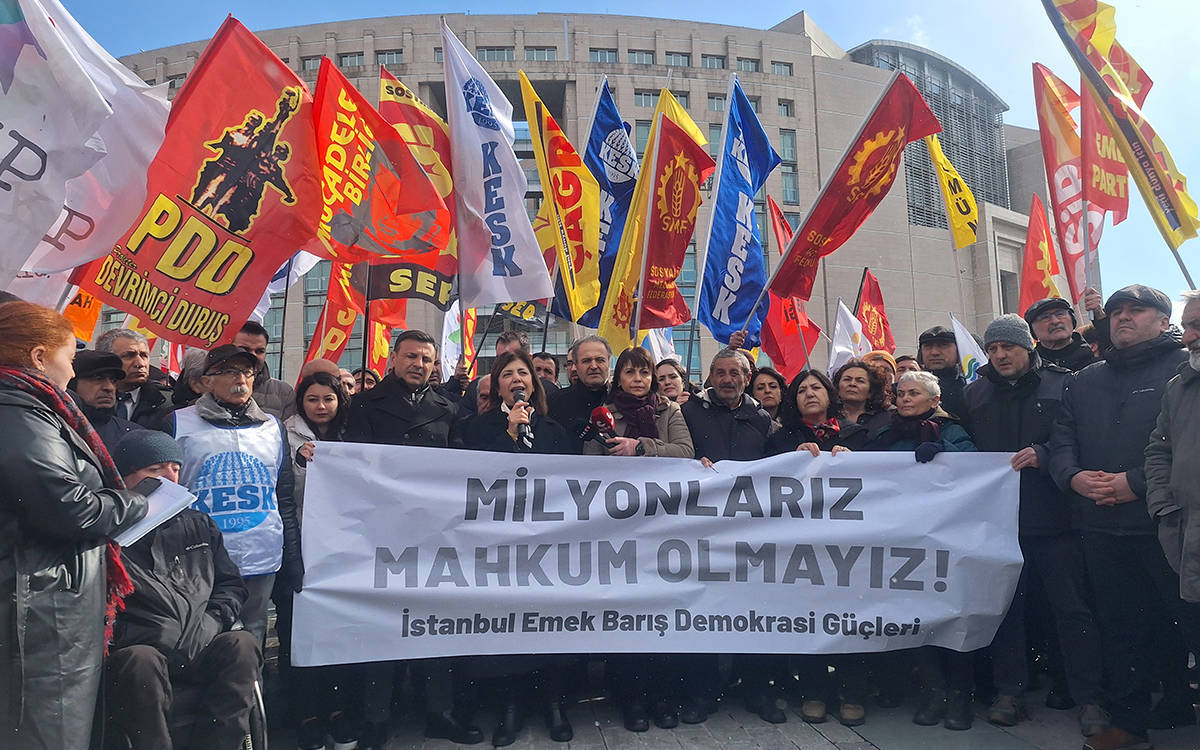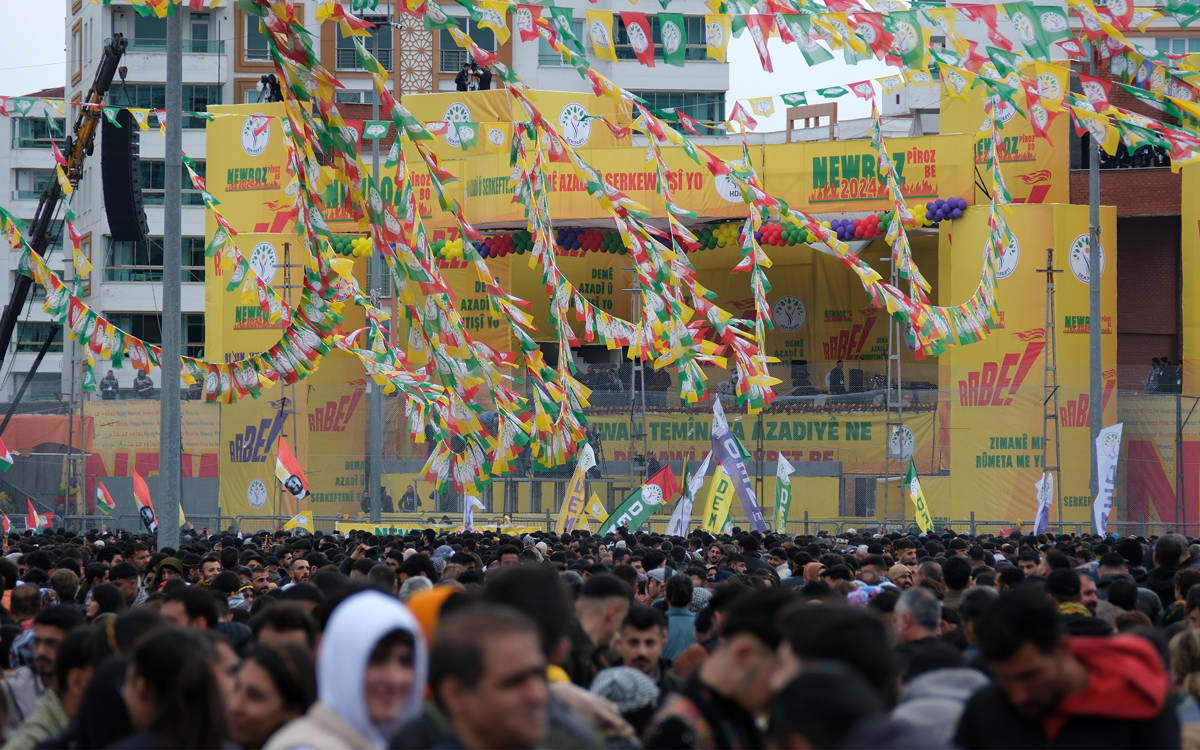Click to read the article in Turkish
The water crisis in Hatay, one of the cities hardest hit by the devastating earthquakes in February, has escalated significantly due to the recent heatwave sweeping the country.
With temperatures soaring to 40 degrees Celsius, the city faced a severe water shortage, prompting the authorities to dispatch drinking water by trucks to address the situation. However, long queues formed in front of these water trucks as the demand for water surged.
In light of the ongoing crisis, we spoke with Muhammed İkbal Polat, the general manager of the Hatay Metropolitan Municipality's Water and Sewerage Administration (HATSU), Dr. Ali Kanatlı from the Hatay Medical Chamber, and Selver Büyükkeleş, a survivor of the earthquake.
Excessive workload, insufficient equipment
Polat highlighted that the water shortage was more pronounced in rural areas rather than the city center. He explained that since the earthquake, their workload had significantly increased, making it challenging for them to keep up:
"While we are providing water to the city center, the debris from the earthquake is causing problems with expanding the pipeline networks. Our workload is overwhelming, with demands coming in twelve times more than before the earthquake.
"For instance, we currently have requests for sewer connections for 2,000 container homes in various areas. Our workload exceeds HATSU's capacity, and our team is struggling to cope with it.
"We face issues concerning materials, personnel, and machinery. Additionally, there have been population changes in certain areas. For instance, a neighborhood that had a population of 1,000 before now has five times more residents, and Reyhanlı, which used to have 250,000 residents, now has 400,000. As a result, the water resources are insufficient."
Polat noted that they had met with the newly-appointed Governor Mustafa Masatlı and conveyed the required actions. He emphasized the need for support similar to the one they received in the first two months after the earthquake. During that period, they collaborated with the water channel administrations of 15 provinces, and now they require similar support from other provinces to address the crisis efficiently.
Drinkability of the tap water
Regarding the quality of water supplied, Polat reassured the public that tap water was safe for consumption. He explained, "We treat the water and conduct regular tests through the Public Health Directorate. We put significant effort into chlorinating the water. If there is any deficiency in chlorine levels, we take immediate action."
The situation in Hatay remains critical, and as the water crisis persists, authorities are working diligently to provide essential resources and support to the affected areas.
Dr. Kanatlı pointed out that during the debris removal process, the water distribution networks suffered damage, leading to irregular water supply. He emphasized the pressing need for bottled water, especially in areas where tap water wasn't reaching consistently, considering the scorching temperatures. Given that an individual's daily water requirement is around 3 liters, the situation is causing significant distress, he added.
Discrepancies in water supply
He also highlighted the discrepancy in water supply, stating that while regular water delivery was available for Disaster and Emergency Management Presidency (AFAD) tents, makeshift tents outside were receiving irregular supplies. In certain regions that were previously villages, consistent water supply is lacking, and the water trucks arriving are not enough to meet the demand.
Furthermore, he explained that tap water quality varied across locations, with some places having acceptable chlorine levels while others showing insufficiencies. He noted that analyses conducted by the Ministry of Health revealed the presence of bacteria in certain cases.
"This can be attributed to the bursting of sewage and water pipelines during demolition and debris clearance. As long as the demolitions continue, the water issue will persist, considering that approximately 50,000 buildings are yet to be demolished. Swift debris removal could serve as a partial solution to the problem."
Unfair aid distribution
Selver Büyükkeleş, an earthquake survivor residing in Hatay Serinyol, stated that water interruptions had started in Serinyol neighborhood and some other districts after the disaster. She expressed concern about using tap water for anything beyond showering and cleaning due to the prevalence of widespread outbreaks in the region:
"We can't even use tap water for cooking due to our concerns. Even though we don't consume it directly, water-related illnesses like diarrhea occur. We rely on filtered water or bottled water.
"Mor Dayanışma [Purple Solidarity] and Social Freedom Platform established a water treatment facility in Serinyol. However, this serves only the Serinyol neighborhood, and a large portion of the population remains deprived.
"People predominantly opt for bottled water, but there is a lack of jobs and money, making it difficult to afford. It has been six months, and there hasn't been a comprehensive solution to the water issue.
"Whenever the problem surfaces on social media, water trucks are immediately dispatched. However, the distribution of aid seems unfair, creating a sense of distrust among people and leading to such long queues. We can't reach the municipality or other authorities, and even if we communicate our concerns, we don't receive responses."
The earthquakesOn February 6, two earthquakes with a magnitude of 7.7 and 7.6 struck the southern province of Maraş in Turkey, causing devastation across 11 provinces in the south and southeast of the country and northern parts of Syria. Over 50,000 people have been confirmed dead, and more than 227,000 buildings were destroyed or severely damaged, according to government figures. As a result, approximately 1.6 million people are still living in temporary shelters or makeshift tents, with limited access to essential services and basic living conditions. Additionally, three million people have been forced to flee their homes due to the disaster. |
(RT/VK)





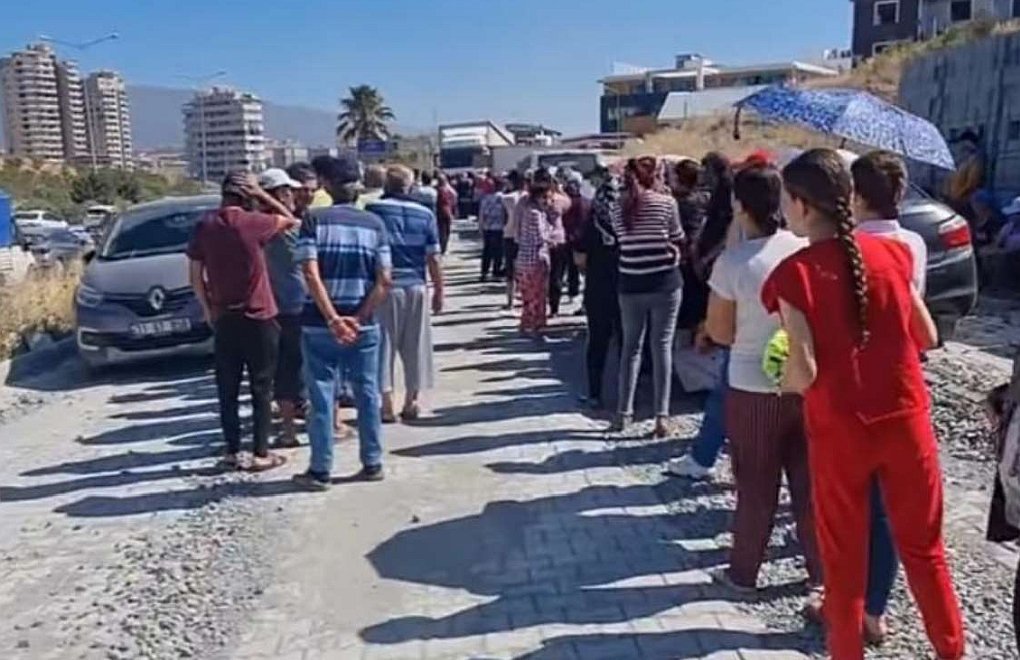
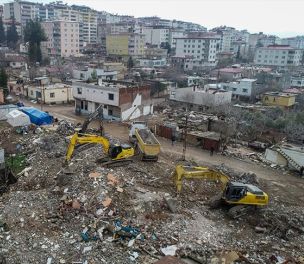

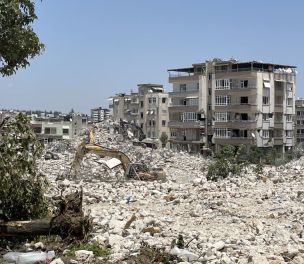
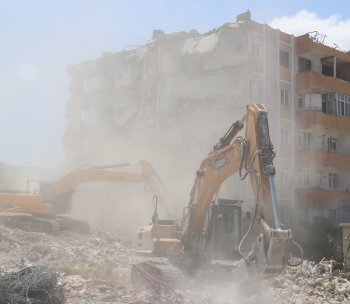
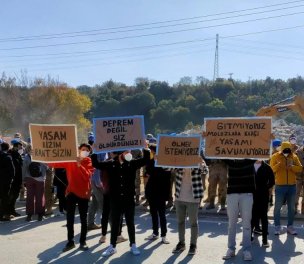
.jpg)
